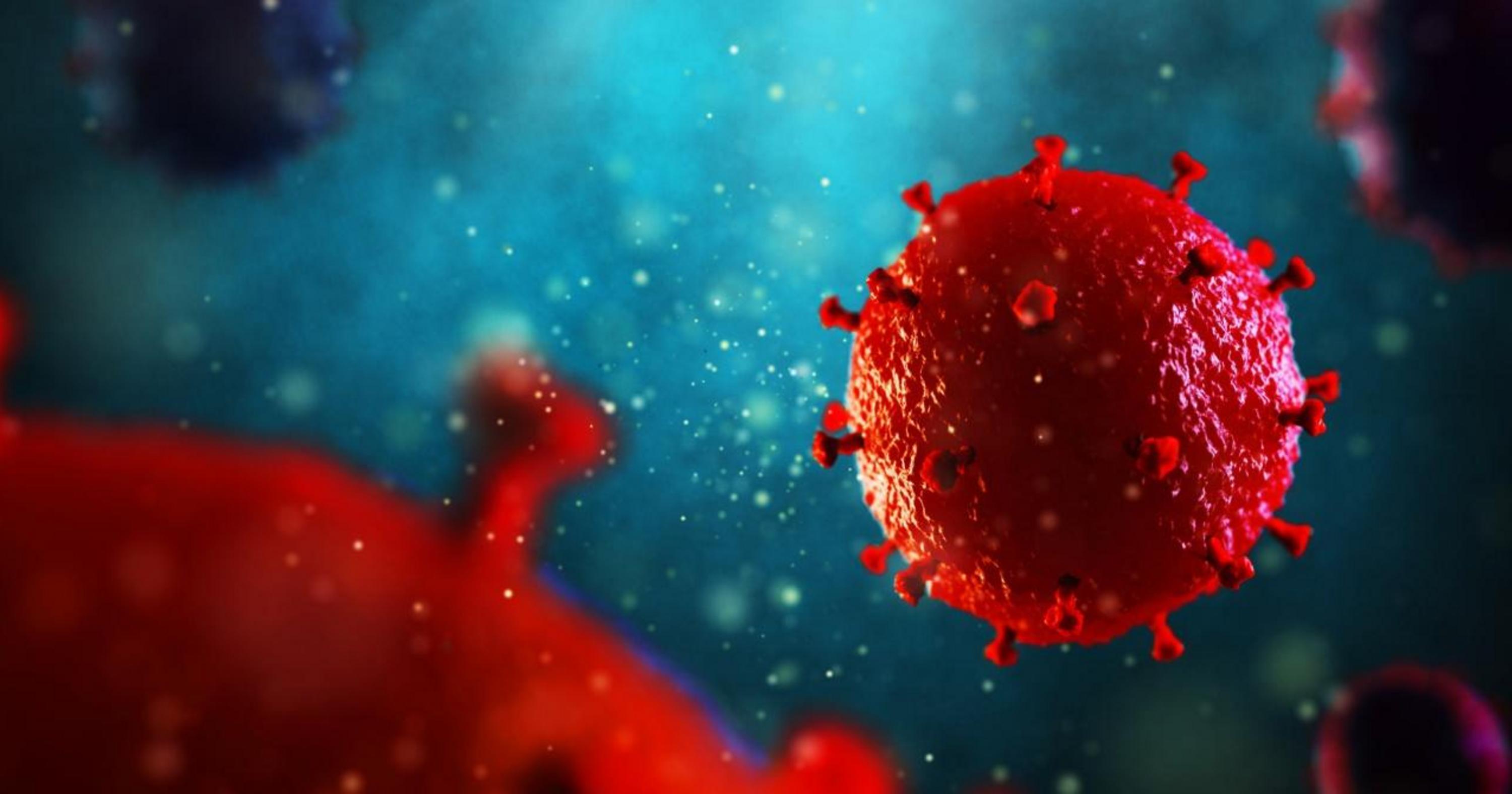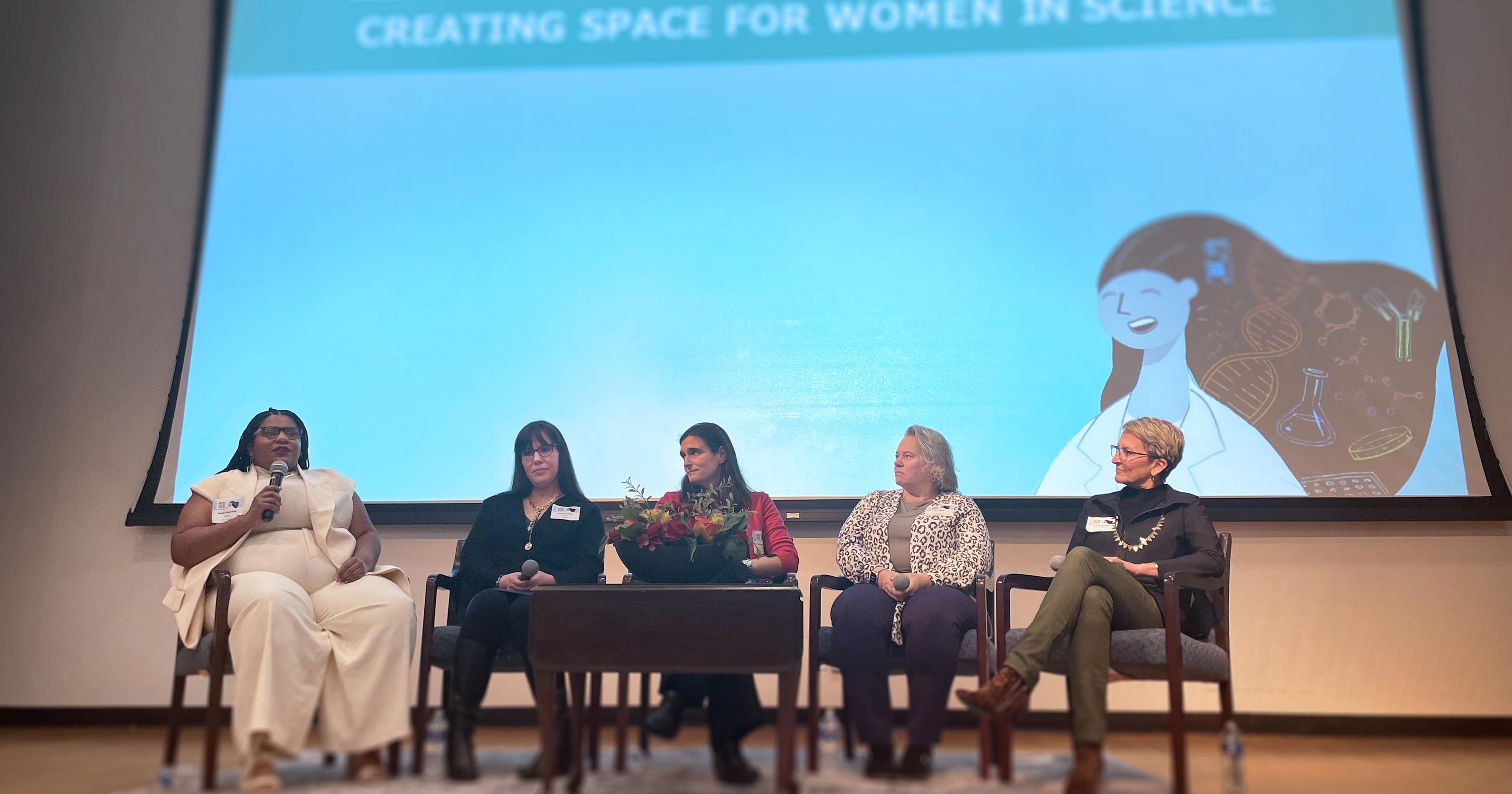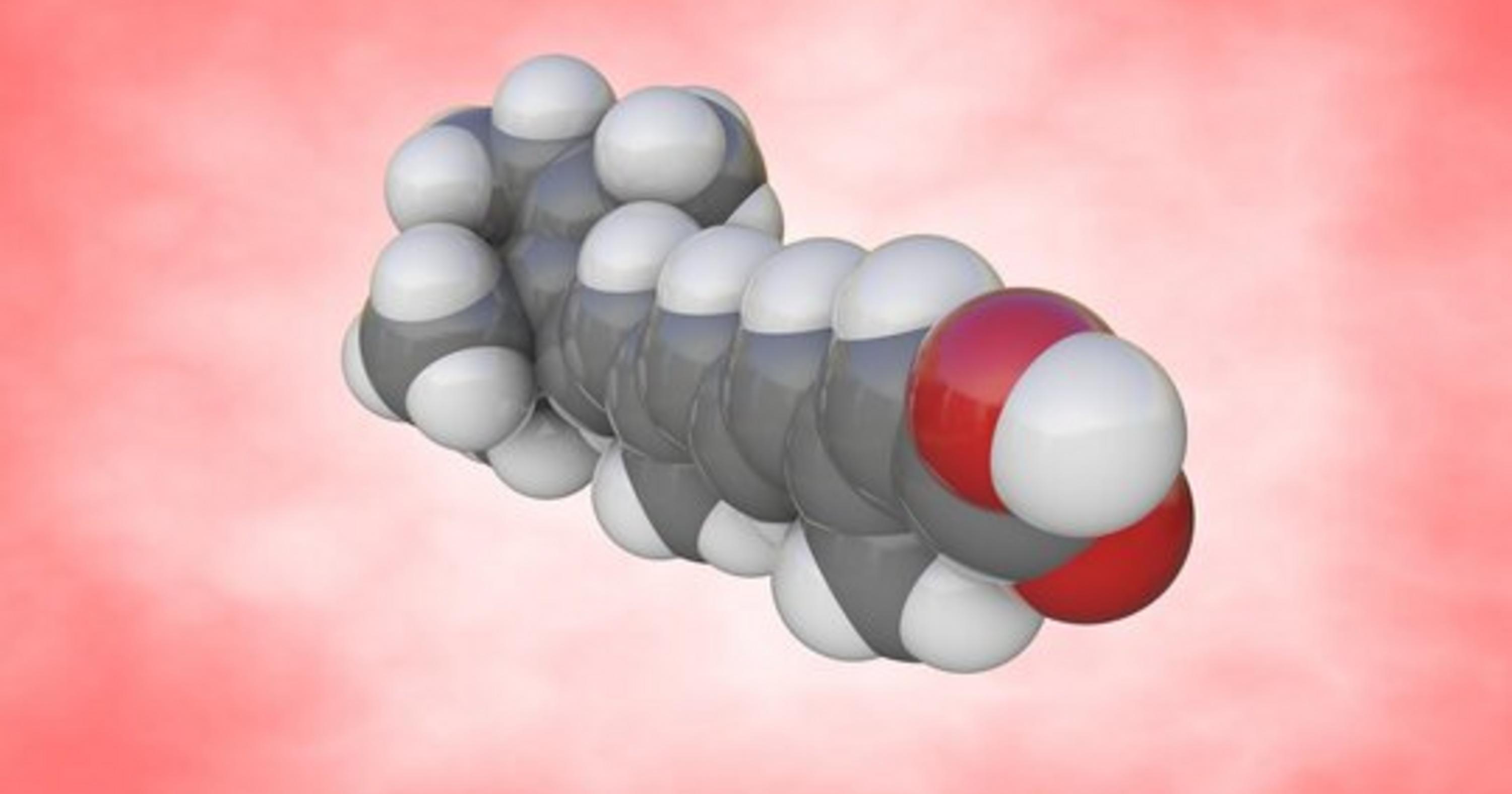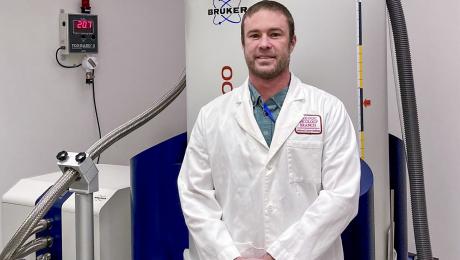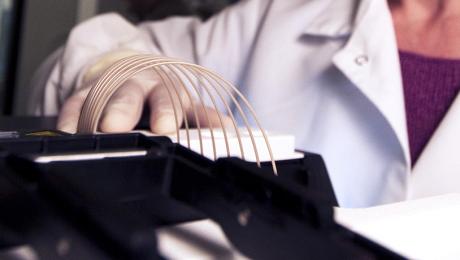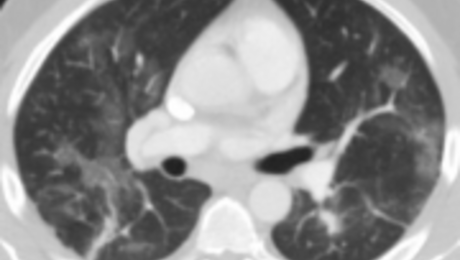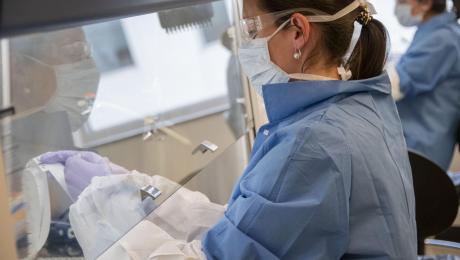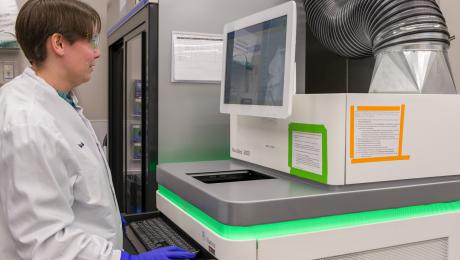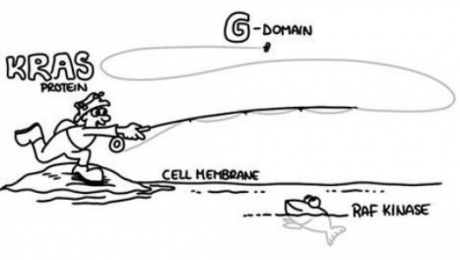All News
Digital twins for cancer care: Exploring a cross-disciplinary innovative approach
Cancer Data Science InitiativesPosted 4/5/2021Used successfully in several industries, digital twins have the potential to forge a path toward advances in cancer care and research. By melding computational science with the field of medicine, scientists aim to use digital twins to ultimately predict the effect of new therapies on cancer patients by using computer models without harming actual humans.
Frederick…
Metabolic mystery gives way, revealing driver of rare kidney cancer
Cancer Research Technology ProgramPosted 3/23/2021Two scientists and their colleagues have uncovered a key activity driving a rare and deadly type of kidney cancer called hereditary leiomyomatosis and renal cell carcinoma (HLRCC).
Their study explains how altered metabolism “rewires” these cancer cells, allowing them to be more aggressive and malignant.
The new information illuminates a previously unknown aspect…
Program pioneers a path for Frederick’s science
Posted 3/15/2021As the winter of 1973 turned to spring, the Frederick Cancer Research Center (FCRC), the forerunner to the Frederick National Laboratory and the National Cancer Institute (NCI) at Frederick that exist today, neared the one-year mark since its opening. The more than 250 employees had made sound progress, given the challenges of converting the old Fort Detrick biowarfare…
A new institution for cancer research is born
Posted 3/15/2021On October 18, 1971, President Richard Nixon emerged from the U.S. Army Post Headquarters at Fort Detrick into the sunlight of one of Frederick’s signature autumn mornings. Nearby, a crowd of dignitaries, Army officers, and journalists from local and national news outlets had gathered to hear his remarks about the former biowarfare research facility. He greeted them, paused to…
FNL collaborates with FDA to establish best practices for single-cell RNA sequencing
Bioinformatics and Computational SciencePosted 3/10/2021Researchers from the Sequencing Facility and Biomedical Informatics and Data Science Directorate at the Frederick National Laboratory (FNL) collaborated with the U.S. Food and Drug Administration (FDA) and other research centers across the U.S. to conduct a benchmark study establishing best practices for high-throughput single-cell RNA sequencing.
The study, published in…
The Cancer Imaging Archive posts COVID-19 imaging data to benefit community
Applied and Developmental Research DirectoratePosted 2/24/2021Publicly available data sets related to COVID-19 are appearing in an unexpected place—the Cancer Imaging Archive (TCIA), a project of the Division of Cancer Treatment and Diagnosis of the National Cancer Institute.
Since the start of the pandemic, researchers around the world have been racing to learn as much as possible about the virus—how it spreads, how to diagnose and…
New directorate expands serology capabilities
Vaccine, Immunity, and Cancer DirectoratePosted 2/23/2021As the Frederick National Laboratory for Cancer Research (FNL) expands its serology efforts in response to the COVID-19 pandemic, the biomedical research institution formed a new section dedicated to those efforts and the evaluation and standardization of immune responses to vaccines, infections and cancer.
Establishment of the Vaccine, Immunity, and Cancer Directorate…
February Biotech Connector highlights progress in liquid biopsies
Partnership Development Office, Molecular Characterization LaboratoryPosted 2/9/2021On February 25, the Biotech Connector series will highlight exciting research on liquid biopsies with two talks by local investigators. Liquid biopsies are highly sensitive blood tests that can detect fragments of tumor DNA, also known as circulating tumor DNA (ctDNA), in the blood—providing critical information about the tumor without an invasive tumor biopsy.
You can…
RAS Initiative reveals cancer-causing protein’s primary membrane orientation
Posted 2/8/2021RAS proteins reside on the inner cell membrane, where they use a lure like a fly fisherman to bring partner proteins to the membrane, leading to cell growth. Researchers at the Frederick National Laboratory for Cancer Research (FNL) used multiple experimental techniques along with a computer simulation to understand how KRAS functions at the inner side of the cell membrane and…
Frederick National Laboratory helps meet pressing need for accurate coronavirus antibody testing
Protein Expression Laboratory, Cancer Research Technology ProgramPosted 2/3/2021The Frederick National Laboratory (FNL) is providing scientists across the country with a key antigen used in antibody tests for the coronavirus after finding that the antigen is exceptionally sensitive and can be made rapidly and at low cost. This helps meet a pressing need for accurate testing.
The antigen, a protein, is used in blood tests to show whether a person…

